No information on missing Sukhoi jet, India shouldn't disturb peace: China
Wed 24 May 2017, 18:58:29
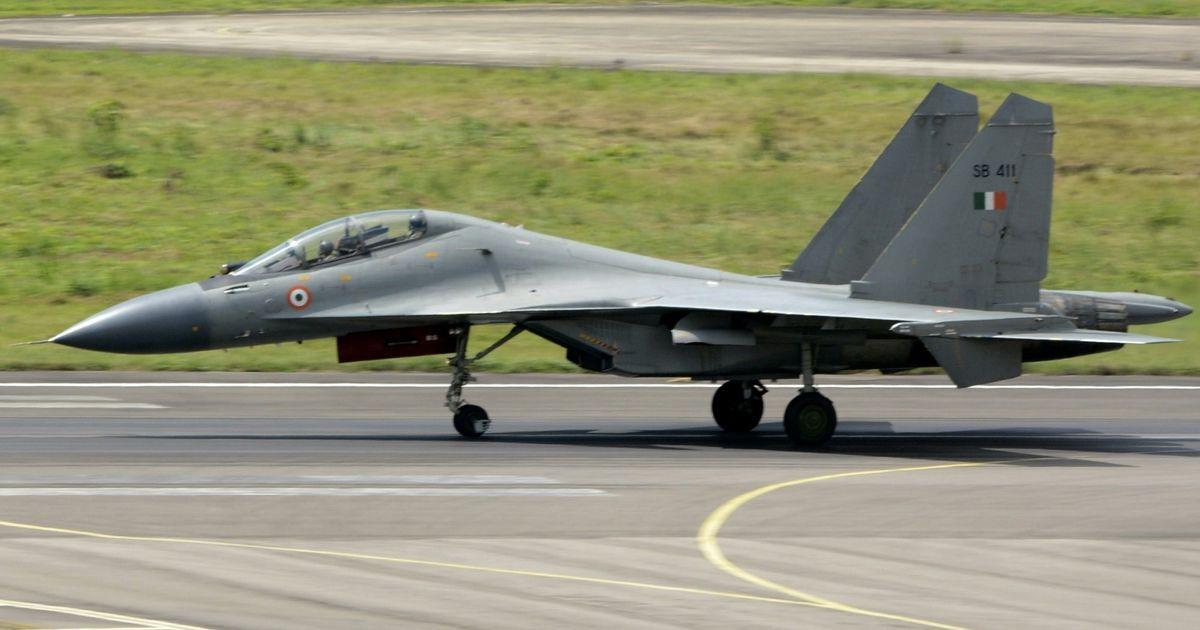
China on Wednesday said it has no information about the Sukhoi-30 combat jet of the Indian Air Force that went missing near the Sino-Indian border, adding that New Delhi should avoid disturbing the stability of the region.
The aircraft with two pilots on board went missing near the border on Tuesday after taking off from Tezpur airbase in Assam.
Asked whether China would help in locating the aircraft, foreign ministry spokesperson Lu Kang said his country hoped India would not disturb peace near the eastern border.
"As for the situation you mentioned, I have no relevant information to offer at the moment," he said about the missing jet.
China claims Arunachal Pradesh as south Tibet and relations between the two countries took a hit when Tibetan spiritual leader Dalai Lama visited the state in April.
The IAF's decision to deploy frontline aircraft such as the Su-30 at forward bases in northeastern states has also caused disquiet in Beijing.
Lu told a regular foreign ministry news briefing: "First of all, on the eastern section of China-India border, our position is consistent and clear. We have been following the situation in south Tibet very
closely. We hope India can stick to arrangements between two sides and avoid disturbing peace and stability in border areas."
closely. We hope India can stick to arrangements between two sides and avoid disturbing peace and stability in border areas."
India accuses China of occupying 38,000 sq km in Jammu and Kashmir while Beijing claims about 90,000 sq km in Arunachal Pradesh.
Following the Dalai Lama's visit to Arunachal Pradesh, China unilaterally renamed six places in the state in what appeared to be a retaliatory move. The names were changed to show to India the "sovereignty" of the region, the Chinese state media reported.
On several occasions, the state media has also warned India of consequences for allowing the Dalai Lama to visit the "disputed area".
The Chinese government has never recognised Arunachal Pradesh. "In 1987, India abruptly announced that it was officially designating the region as 'Arunachal Pradesh' but the Chinese government has never recognised India's occupation of the region, nor the legitimacy of the province," a state media article said in April.
In a sharp response to the Dalai Lama's visit, spokesperson Lu had said: "I said the Dalai Lama is visiting the disputed eastern section of the China-India boundary. It is not Indian territory."
No Comments For This Post, Be first to write a Comment.
Most viewed from International
Most viewed from World
AIMIM News
Latest Urdu News
Most Viewed
May 26, 2020
Do you think Canada-India relations will improve under New PM Mark Carney?
Latest Videos View All
Like Us
Home
About Us
Advertise With Us
All Polls
Epaper Archives
Privacy Policy
Contact Us
Download Etemaad App
© 2025 Etemaad Daily News, All Rights Reserved.

.jpg)
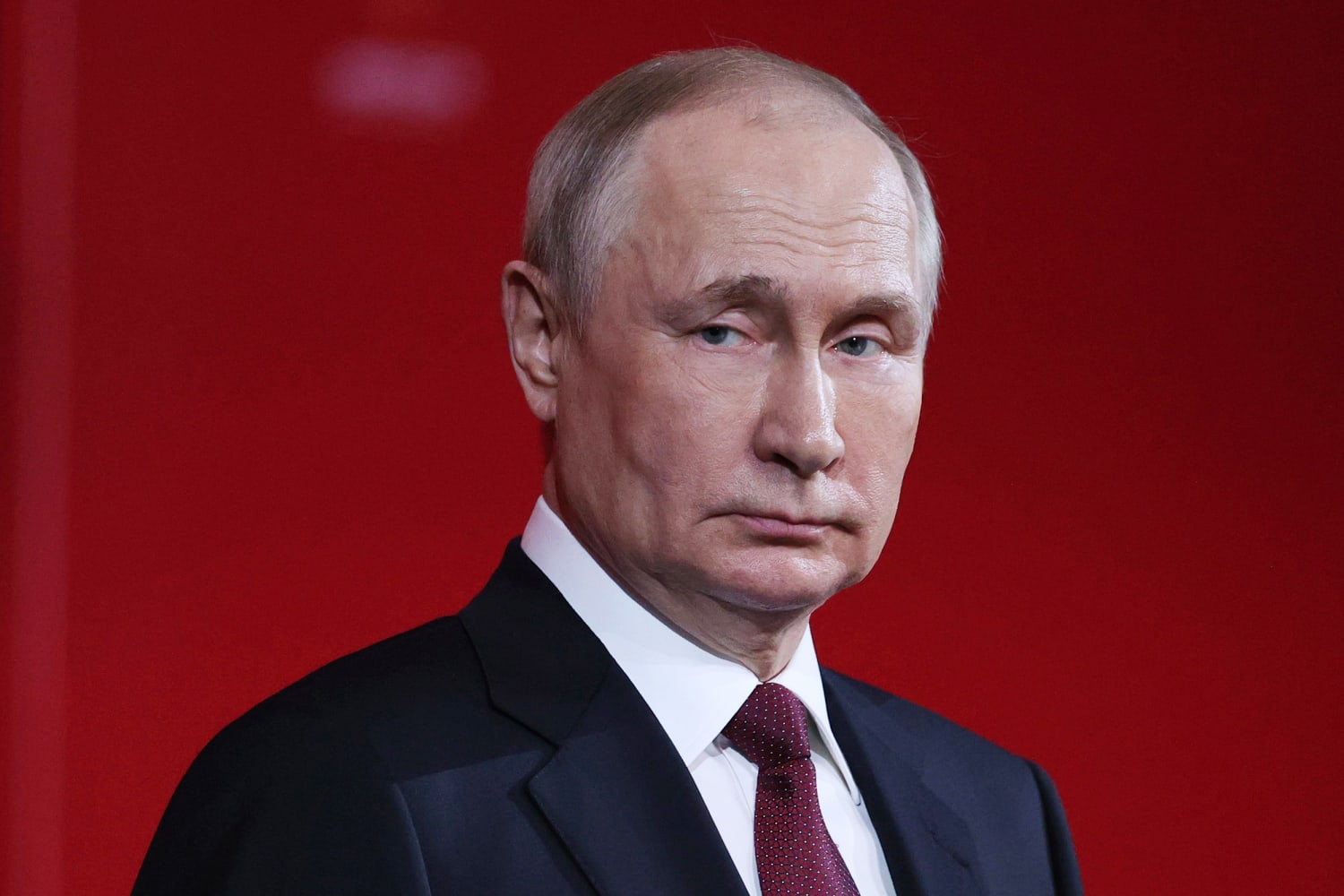
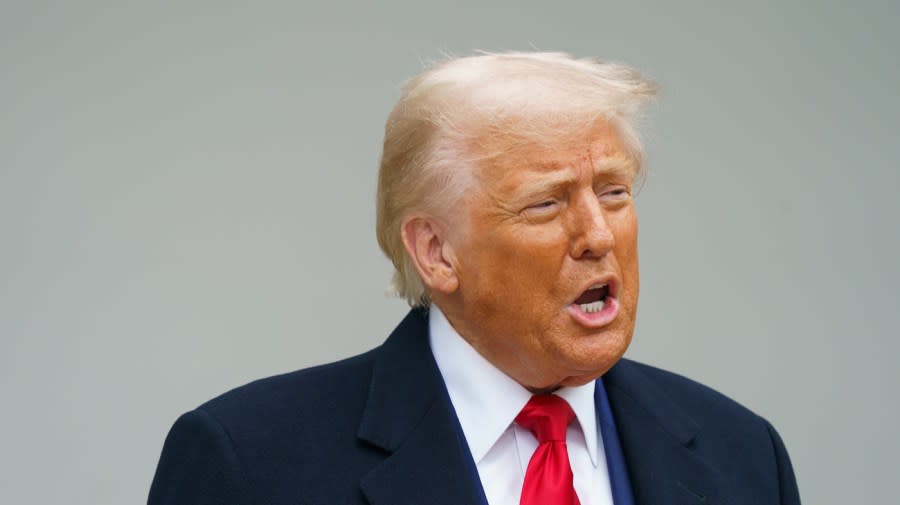
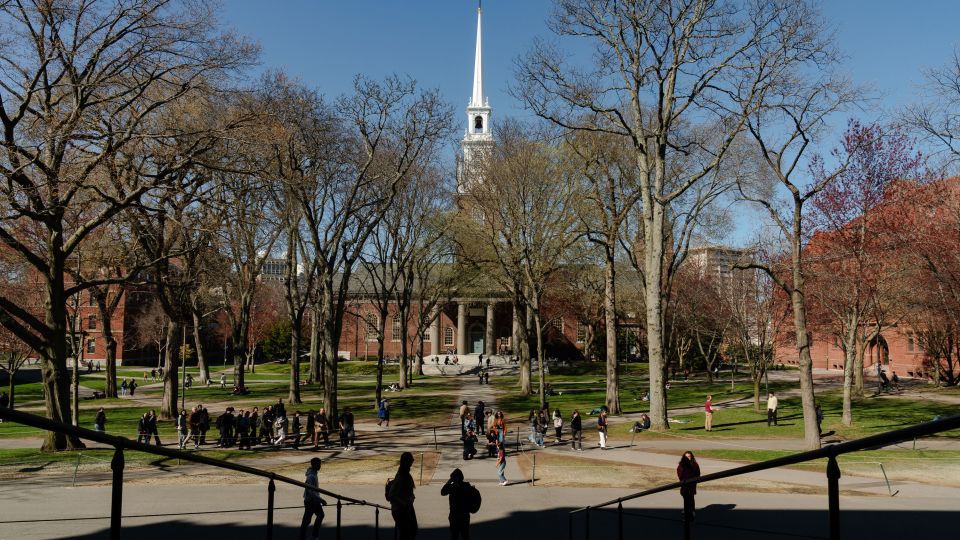
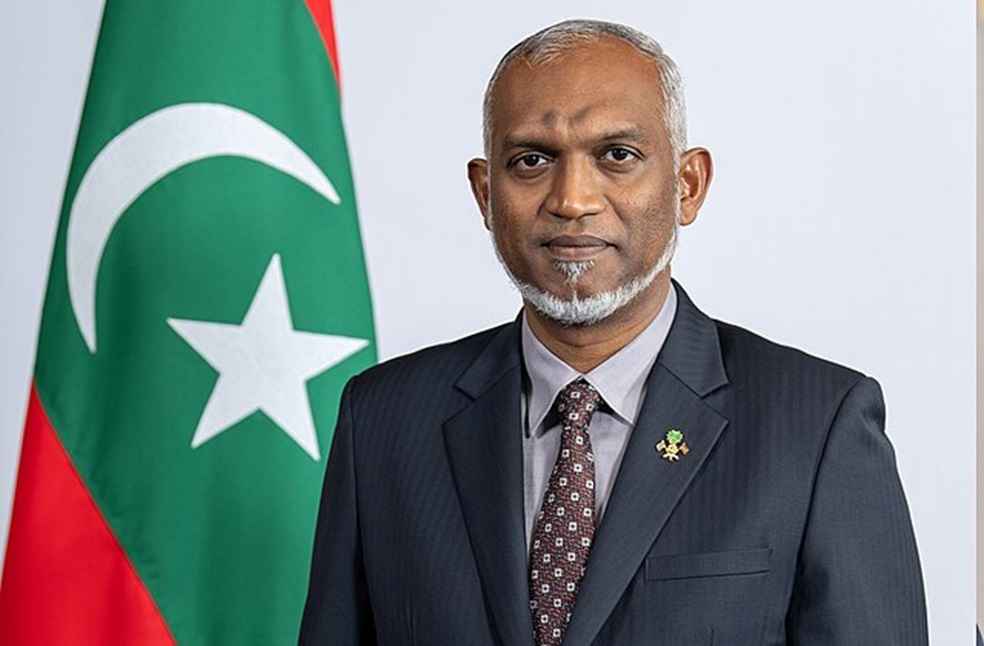

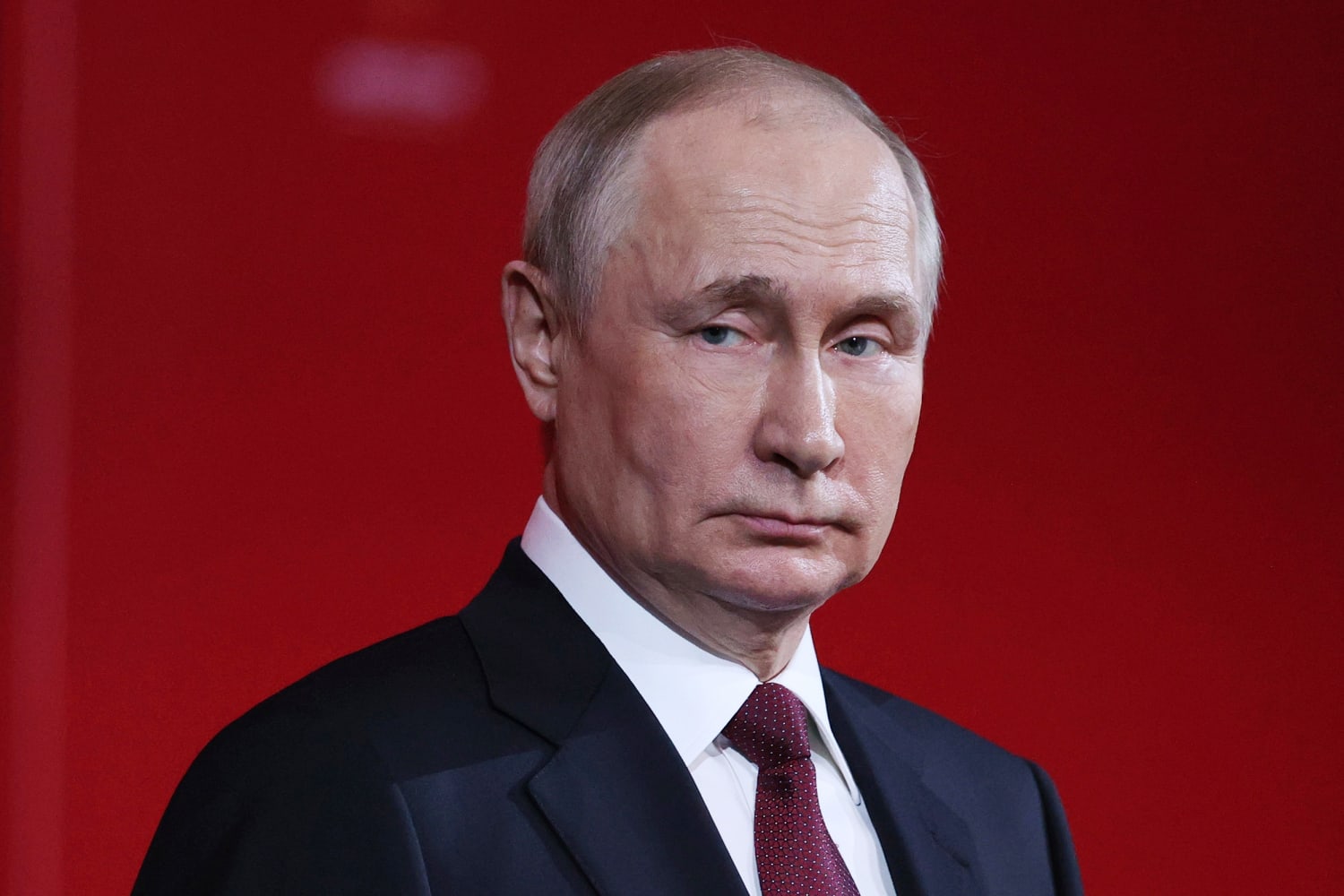

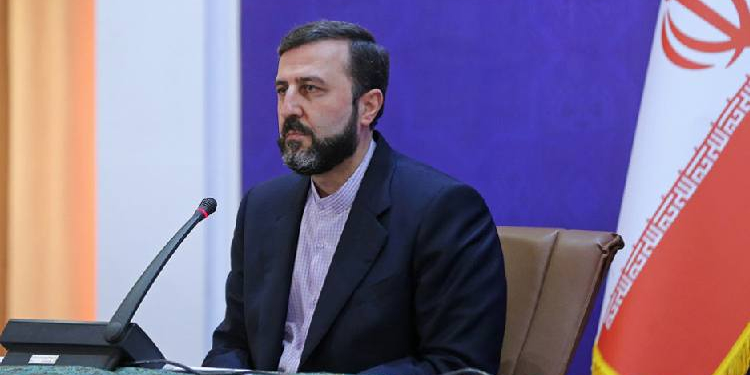
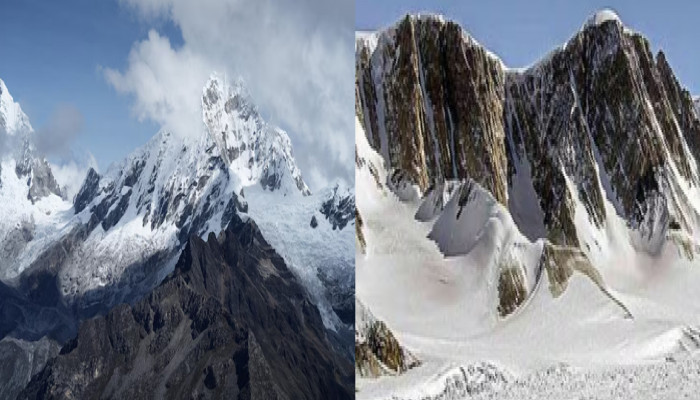
.jpg)
.jpg)
.jpg)
.jpg)
.jpg)
.jpg)
.jpg)
.jpg)
.jpg)
.jpg)
.jpg)
.jpg)
.jpg)
.jpg)

















